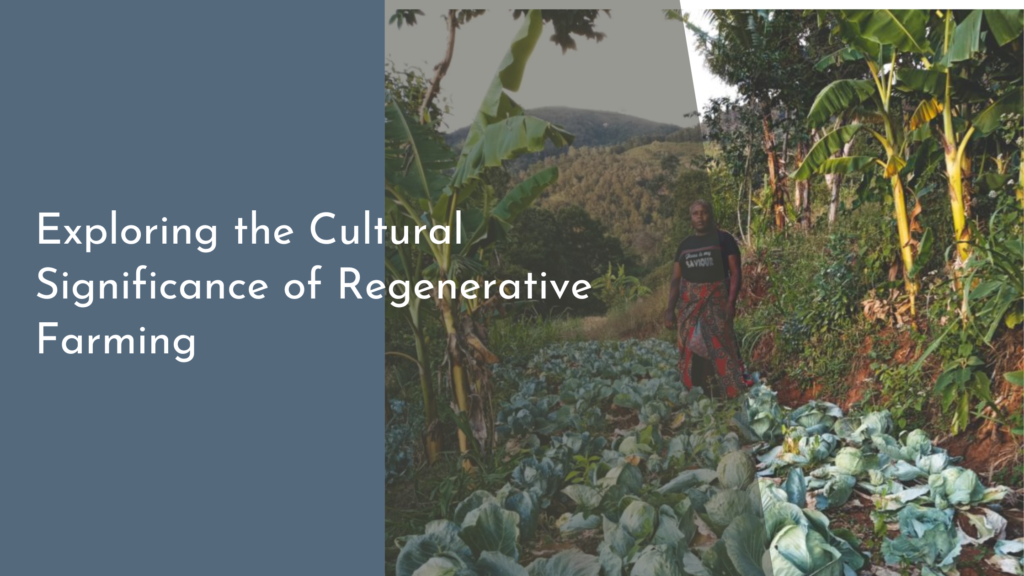The Future of Ethical Sourcing in Global Markets
In today’s interconnected world, ethical sourcing has emerged as a critical component of global business operations. With consumers becoming more conscious of the social and environmental impact of their purchases, companies are under increasing pressure to ensure that their products are sourced responsibly. This shift is driving a transformation in global supply chains and paving the way for more sustainable business practices. In this article, we’ll delve into the importance of ethical sourcing, explore the innovations reshaping supply chains, examine the challenges and opportunities in ethical sourcing, and conclude with an optimistic outlook on the future of ethical practices worldwide.
Understanding the Importance of Ethical Sourcing
Ethical sourcing refers to the process of ensuring that products are obtained in a responsible and sustainable manner, focusing on the well-being of workers and the environment. It encompasses a wide array of practices, including fair labor conditions, environmentally sustainable production, and transparency throughout the supply chain. As consumers become more educated about the origins of products, they are increasingly demanding that companies adhere to these ethical principles. This, in turn, influences purchasing decisions and fosters brand loyalty, thus making ethical sourcing a pivotal aspect of modern business strategies.
Moreover, ethical sourcing is not just about meeting consumer demands; it also plays a significant role in mitigating risk. Companies that fail to uphold ethical standards risk damaging their reputation, facing regulatory penalties, and losing consumer trust. On the other hand, those that embrace ethical sourcing can benefit from increased brand value, customer loyalty, and even operational efficiencies. By prioritizing ethical practices, businesses can contribute to positive social change and ensure long-term sustainability in global markets.
Innovations Driving Change in Global Supply Chains
Technological advancements are revolutionizing the way companies approach ethical sourcing. Blockchain technology, for example, is providing unparalleled transparency by enabling companies to trace the origins of their products throughout the supply chain. This technology allows consumers to verify the ethical credentials of products, thereby boosting confidence in brands that commit to responsible sourcing. Additionally, blockchain helps companies ensure compliance with ethical standards, minimizing the risk of fraud and unethical practices.
Beyond technology, innovative business models are also driving change. Companies are increasingly adopting circular economy principles, which emphasize the reuse and recycling of materials to reduce waste and minimize environmental impact. By designing products with sustainability in mind and engaging in closed-loop supply chains, businesses are not only reducing their ecological footprint but also enhancing their brand image as leaders in ethical sourcing. As these innovations continue to evolve, they are setting new benchmarks for responsibility and sustainability in global markets.
Challenges and Opportunities in Ethical Sourcing
Despite the positive momentum, ethical sourcing is not without its challenges. One major hurdle is the complexity of global supply chains, which often involve multiple tiers of suppliers across different countries. Ensuring that each link in the chain adheres to ethical standards can be daunting, particularly for smaller companies with limited resources. Moreover, inconsistent regulations and enforcement across regions can create additional obstacles for businesses striving to maintain ethical practices.
However, with challenges come opportunities. The growing demand for transparency and accountability is encouraging businesses to collaborate with NGOs, industry groups, and governments to establish clear ethical guidelines and standards. These partnerships can foster a more harmonious approach to ethical sourcing, benefiting all stakeholders involved. Moreover, the increased focus on sustainability presents businesses with the chance to innovate and differentiate themselves in the market, ultimately driving growth and success.
A Bright Future for Ethical Practices Worldwide
The future of ethical sourcing in global markets looks promising as more companies recognize the value of responsible business practices. As consumer awareness continues to rise, businesses are investing in sustainable innovations and technologies to meet the growing demand for ethically sourced products. This shift not only benefits the businesses themselves but also contributes to a more equitable and sustainable global economy, enhancing the quality of life for communities around the world.
Governments and international organizations are also playing a crucial role in promoting ethical sourcing. By establishing and enforcing regulations, they are helping to level the playing field and ensure that companies adhere to fair labor and environmental standards. As these initiatives gain traction, they create a supportive framework for businesses to thrive in an ethical manner. With continued collaboration and commitment, ethical sourcing is poised to become the norm rather than the exception in global markets, paving the way for a brighter and more sustainable future.
As we look to the future, it is clear that ethical sourcing will remain a cornerstone of responsible business practices. The combination of consumer demand, technological innovation, and collaborative efforts is creating a positive feedback loop that encourages companies to prioritize ethics in their operations. While challenges remain, the opportunities for growth and positive impact are immense. With a collective commitment to ethical sourcing, businesses can contribute to a more sustainable and equitable world, ensuring a legacy of responsibility for generations to come.


